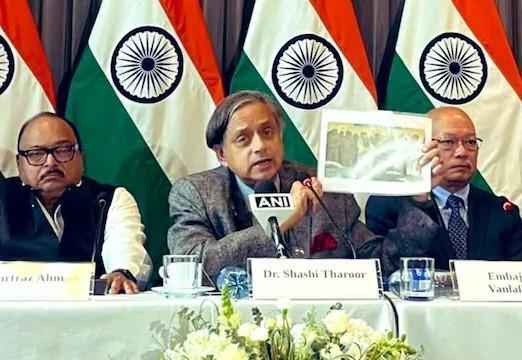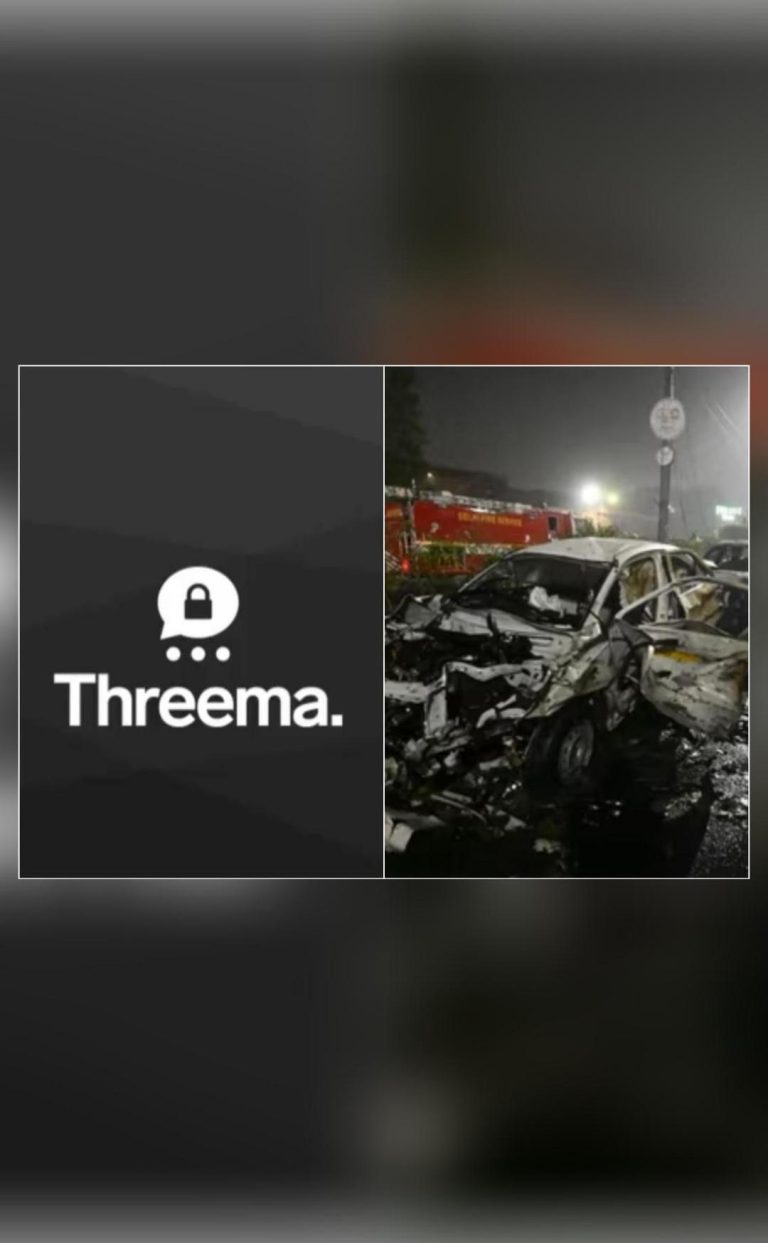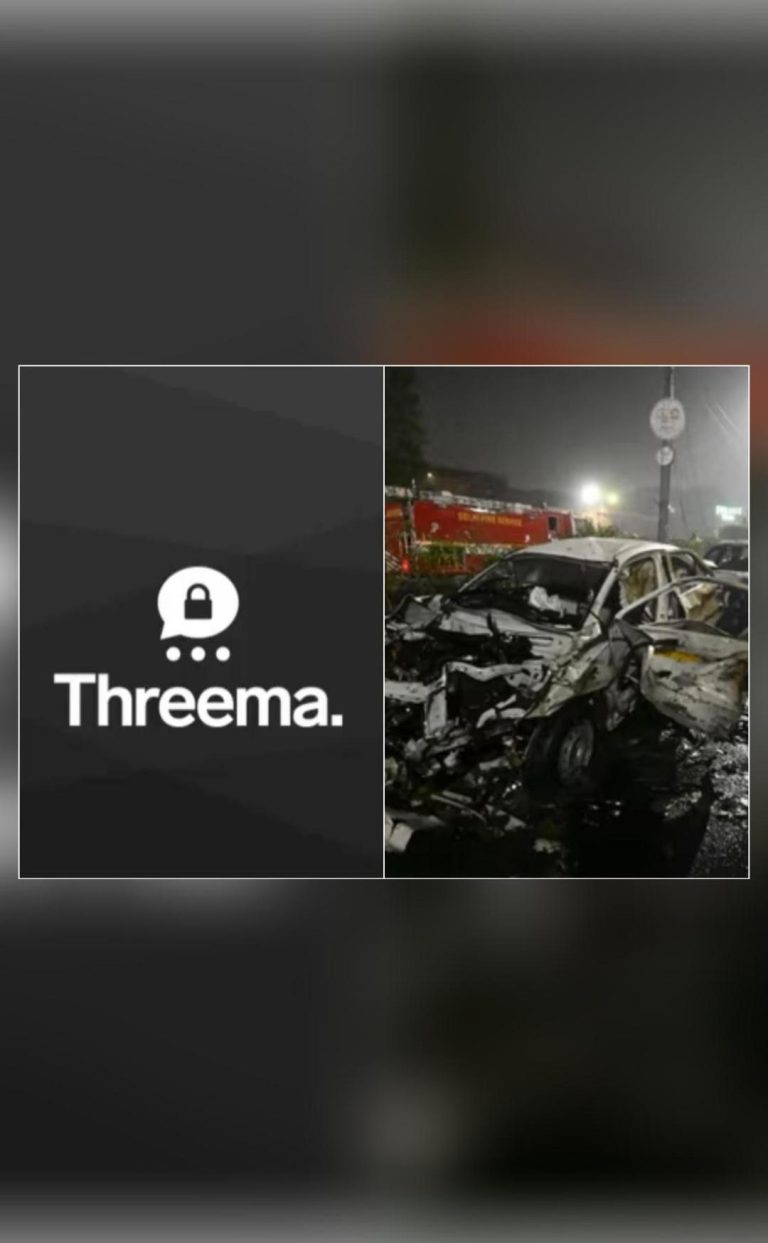
Title: No Equivalence between Pakistan and India: Tharoor on Colombia’s Reaction on Op Sindoor
As the world grapples with the complexities of global politics, a recent development has sparked intense debate and outrage. Colombia’s decision to condole the loss of lives in Pakistan due to Operation Sindoor, rather than sympathizing with Indian victims of terrorism, has left many wondering about the nuances of international diplomacy. In a recent statement, Congress MP Shashi Tharoor expressed disappointment with Colombia’s decision, stating that there can be no equivalence between those who dispatch terrorists and those who resist.
Operation Sindoor, a military operation conducted by Indian forces against terrorist camps in Pakistan, resulted in the loss of lives on both sides. The operation was a response to the continued support and sponsorship of terrorism by Pakistan, which has been a longstanding issue between the two nations. The Indian government has repeatedly accused Pakistan of providing safe haven to terrorist organizations, leading to countless attacks on Indian soil.
Tharoor’s statement came in response to the Colombian delegation’s decision to offer condolences to Pakistan on the loss of lives during the operation. While the move may seem innocuous to some, it has been met with widespread criticism from Indians who see it as a clear example of equating terrorists with those who defend themselves against them.
Tharoor, a seasoned diplomat and politician, emphasized that there can be no moral or legal equivalence between those who dispatch terrorists and those who resist. He stated, “We’re exercising our right of self-defence. Those who attack and those who defend are not equal. We’re not terrorists; we’re not the ones who are sponsoring terrorism.”
Tharoor’s comments are a stark reminder of the complexities of international diplomacy. In a world where nation-states are expected to maintain diplomatic relations and engage in dialogue, the Colombian delegation’s decision to offer condolences to Pakistan raises questions about the limits of diplomatic engagement.
The Indian government has been clear in its stance on terrorism, repeatedly accusing Pakistan of providing support to terrorist organizations. The issue has been a major point of contention between the two nations, with India seeking greater cooperation from Pakistan to curb the spread of terrorism.
Tharoor’s statement is not the first time that India has expressed disappointment with Colombia’s stance on terrorism. In the past, Colombia has been criticized for its failure to condemn terrorist attacks on Indian soil. The recent decision to offer condolences to Pakistan is seen by many as a continuation of this trend.
Despite the criticism, the Colombian government has defended its decision, stating that it was made in the spirit of peace and diplomacy. However, Tharoor’s statement highlights the need for nations to take a clear stance against terrorism and to avoid equating terrorists with those who defend themselves against them.
The issue of terrorism is a complex one, with no easy solutions. However, it is clear that nations must work together to combat this menace. India and Pakistan, two nations with a long and troubled history, must find a way to work together to address the issue of terrorism.
As Tharoor pointed out, there can be no moral or legal equivalence between those who dispatch terrorists and those who resist. It is time for nations to take a clear stance against terrorism and to avoid engaging in diplomatic exercises that equate terrorists with those who defend themselves against them.
In conclusion, Tharoor’s statement is a timely reminder of the need for nations to take a clear stance against terrorism. The Colombian delegation’s decision to offer condolences to Pakistan is a clear example of the complexities of international diplomacy and the need for nations to work together to combat this menace.
As the world grapples with the complexities of global politics, it is essential that nations take a clear stance against terrorism. The issue is not just about India and Pakistan; it is about the safety and security of people around the world.






